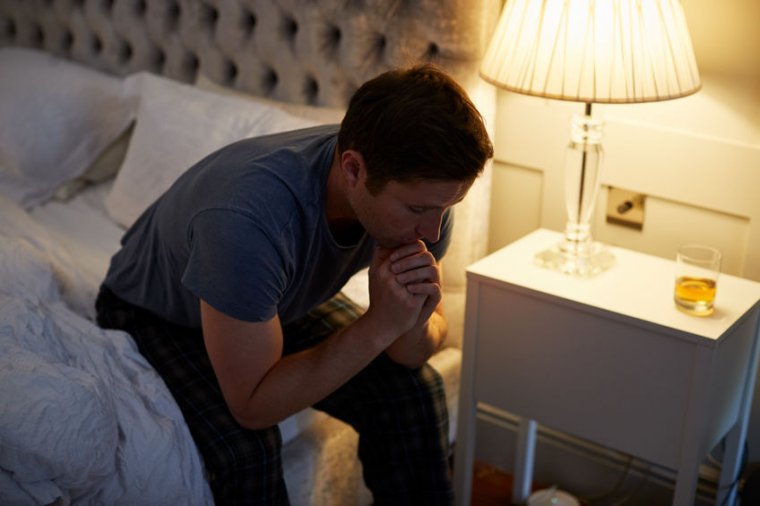
Sex Compulsion: Obstacles and Coping Skills
The first step when recovering from a sexual compulsion is to stop the sexually compulsive behavior. This step may seem simple enough, however willpower alone or just telling yourself that you will never do the behavior again is rarely successful. Urges to engage in the behavior can be very strong and challenging to resist. One of the first things that you can start doing for yourself to prepare for the urges that accompany stopping the behavior is a series of simple behavioral steps.
- Make a list of obstacles to engaging in the behavior and implement them. Answer this question: What concrete things can I do to make it more difficult to engage in my sexual behavior of choice? For example, individuals who compulsively view pornography would need to throw out any pornography that they own including DVDs. For internet pornography, getting rid of the internet or putting the computer in a common open area in the home are helpful. Also getting rid of any accounts, including credit cards that have been used to purchase pornography are obstacles. Enlist someone’s help in implementing these obstacles and assisting you in monitoring them.
- Obstacles don’t work by themselves. They need some effort on your part. Take out a piece of paper and make a list of ways that you can support yourself when the urge to act out gets very strong. Some supportive techniques include, but are not limited to:
- calling a friend or family person who knows about your sexual compulsion, list as many people as you can
- calling a friend or family member who in general is calming — even if this person has no idea about your sexual compulsion
- attending a support group for people in recovery from sexual compulsion
- meet with a therapist who specializes in sexual compulsion recovery
- getting out of the house and putting yourself in a public place where you might have a conversation with someone
- going to the gym
- stopping the activity you are doing and taking a brisk walk, or coffee break
- engaging in an activity (list as many as you can think of)
- journaling your thoughts
- Reading a sexual compulsion recovery book
Carry the list with you and go down the whole list if you have to refrain from acting out sexually.
It is extremely important for you to involve people in this process and in your recovery. An obvious reason is to have people to rely on for help and support. There is another very important reason. Many individuals with sexually compulsive behavior feel shame and guilt about their behavior making it hard to tell others. The problem is that hiding it from others and the resulting isolation fuels that compulsion’s power. It makes it easier to rationalize and give in to the urges. Being able to acknowledge it to yourself and to others out loud reduces its power and makes it easier to resist. Don’t be afraid to ask for help.
If you can’t stop on your own, and are too embarrassed to tell your friends and family, you may benefit from scheduling an appointment with a sex therapist who specializes in sexual compulsion recovery. Treatment is 100% confidential.
Sex Compulsion Treatment in Philadelphia / Sex Compulsion Recovery Articles
- What Is A Sex Compulsion?
- Identifying Your Bottom Line Behaviors
- When To Use An Intervention For Treating A Sex Compulsion
- Warning Signs of A Sex Compulsion
- Telling Your Spouse About A Sex Compulsion
- The Shame Of Sex Compulsion
- Sexual Compulsion Triggers
- Do I Really Want To Recover From A Sex Compulsion?
- Imago Therapy And Sex Compulsion
- Sex Compulsion Obstacles
- Sex Compulsion and Work
- Masturbation At Work
- Making Amends Sex Compulsion
- Intimacy and Authenticity
- Depression and Sex
- High Sex Drive Or Sex Compulsion?
- Cheating?
- Family Roles In Sex Addicted Cycles
- CoAddict
- Getting Your Partner On Board With Your Vacation From Sex
- Sex Compulsion Quiz
